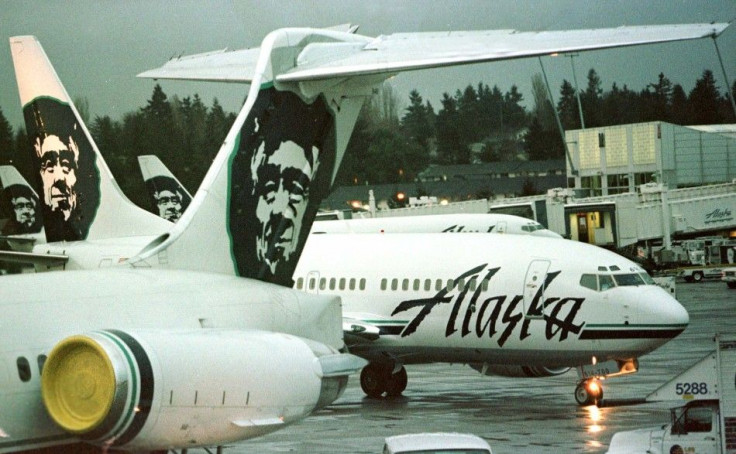Alaska Airlines Launching 75 Commercial Bio-fuel Flights in U.S. from Wednesday

In an attempt to reduce its carbon footprint, Alaska Airlines will fly 75 bio-fuel-powered commercial flights, across the United States, starting on Wednesday, the airline announced in a statement on Monday. This is a step which is being perceived as a historical one in the country's aviation sector. The fuel in question - a 20 percent blend of sustainable fuel made from used cooking oil - meets rigorous international safety and sustainability standards.
The first two maiden bio-fuel-powered flights will leave Seattle on Nov. 9, for Washington, D.C. and Portland, Ore. The airline (and its sister carrier, Horizon Air) will continue to operate flights running on bio-fuel for select flights between Seattle and the above two cities over the next few weeks.
The 75 flights that Alaska Airlines and Horizon Air will fly over the next few weeks reflect our longstanding commitment to environmental responsibility and our belief that sustainable biofuels are key to aviation's future, said Bill Ayer, the Alaska Air Group Chairman and Chief Executive Officer (CEO).
Bio-fuels are being seen as an essential element of the plan to cut down on the aviation industry's carbon footprint. In addition, the bio-fuel industry could create employment and potentially even reduce travel woes burdened by high and increasing airfare.
Commercial airplanes are equipped and ready for biofuels. They will enable us to fly cleaner, foster job growth in a new industry, and can insulate airlines from the volatile price swings of conventional fuel to help make air travel more economical, Ayer explained.
However, the question of a sustainable supply of the fuel is one that concerns airlines.
What we need is an adequate, affordable and sustainable supply. To the biofuels industry, we say: If you build it, we will buy it, Ayer added.
According to Bob Ames, of the Dynamic Fuels Management Committee, government policies supporting development should ensure that the aviation bio-fuels industry reaches its full potential and is able to compete against petroleum-based jet fuel.
While there is an outcry for encouraging investment in this emerging sector, even the production of bio-fuels carries some environmental hazards.
A UN Food and Agricultural Organization (FAO) report revealed that palm oil plantations (set up for bio-fuel production) in Indonesia and Malaysia have led to deforestation, resulting in an increased emission of greenhouse gases as the worst-case consequence.
As the aviation industry strives to create greener skies, they need to ensure that no deforestation happens for production of bio-fuels, warn environment watchers.
Bio-fuels produced from renewable sources such as cooking oil and the Jatropha plant can be successfully used for fueling aircrafts. In fact, many airlines, including Japan Airlines, Air New Zealand, Brazil's TAM Airlines, Mexican carrier Interjet, Virgin Atlantic Airlines, British Airways and Continental Airline have already tested bio-fuel flights. More recently, Lufthansa started commercial bio-fuel flights, operating daily between Hamburg and Frankfurt as part of a six-month trial from April 2011.
© Copyright IBTimes 2025. All rights reserved.





















